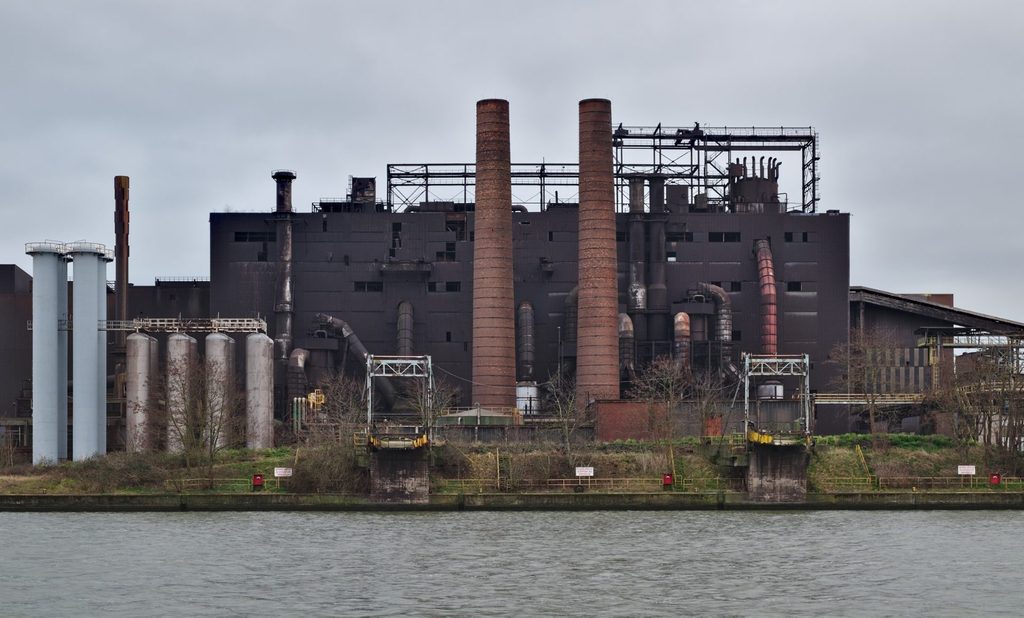Approximately 80% of Belgian companies are now paying two-and-a-half times more for energy than they were at the beginning of 2022, a new report has found.
The study, which was published by the Federation of Belgian Companies (FEB) on Monday, also noted that government-mandated wage indexations, soaring government debt, and the impact of continued high-interest rates all pose a significant current threat to Belgium's industrial base.
Moreover, the study reported that the decline in energy prices over the past few months has done little to improve Europe's general competitiveness vis-à-vis the US.
"The competition with the United States is tough," FEB Chief Economist and study co-author Edward Roosens told l'Echo. "There the gas price is €12 per megawatt hour (MWh), compared to more than €30 per MWh with us."
Roosens was also pessimistic about the prospect of Belgium's competitiveness improving in the near future – a view shared by FEB CEO Pieter Timmermans. "The risks of new investments escaping us, and new relocations taking place, are real," Timmermans told the same newspaper.
Inflated fears?
The report found that, out of the 20% of companies which saw their energy bills decline over the past year, all of them cut costs by shrinking production rather than through improvements in energy sourcing or efficiency.
"This decrease often results from a decrease in their consumption due to the shutdown of some of their production lines," Roosens explained. "For these companies, the shock linked to rising costs has turned into a shock in terms of falling turnover."
The FEB also expressed its concern about the dangers of inflation becoming more deeply entrenched in the Belgian economy. It noted that, although headline inflation has now fallen to 5.20% after peaking at 12.27% in October, core inflation – which strips out energy and unprocessed food prices and is widely believed to provide a better assessment of underlying inflationary pressures – rose from 6.50% to 8.70% over the same period.
"The rapid fall in the prices of the energy masks the always strong underlying pressure on prices," the report stated.
Related News
- Flemish industry calls for 'urgent' government intervention as revenue shrinks
- 'I don't dare say the worst is over': Financier predicts deepening social unrest in Europe
To alleviate the crisis, the FEB called on the Federal Government to maintain the operation of the country's nuclear power plants beyond 2025. It also recommended deep cuts to government spending and the implementation of a more business-friendly tax regime. It added that such reforms would be necessary in order to avoid the "stagflationary" years of the 1970s.
"We firmly hope that the Federal Government will take a few more steps in the right direction during the last year of its term, thus preventing our country from slipping towards a future with fewer export opportunities, less investment, less growth and employment and a slippage of public finances," the report concluded. "Belgian companies have no desire to relive the 1970s."

